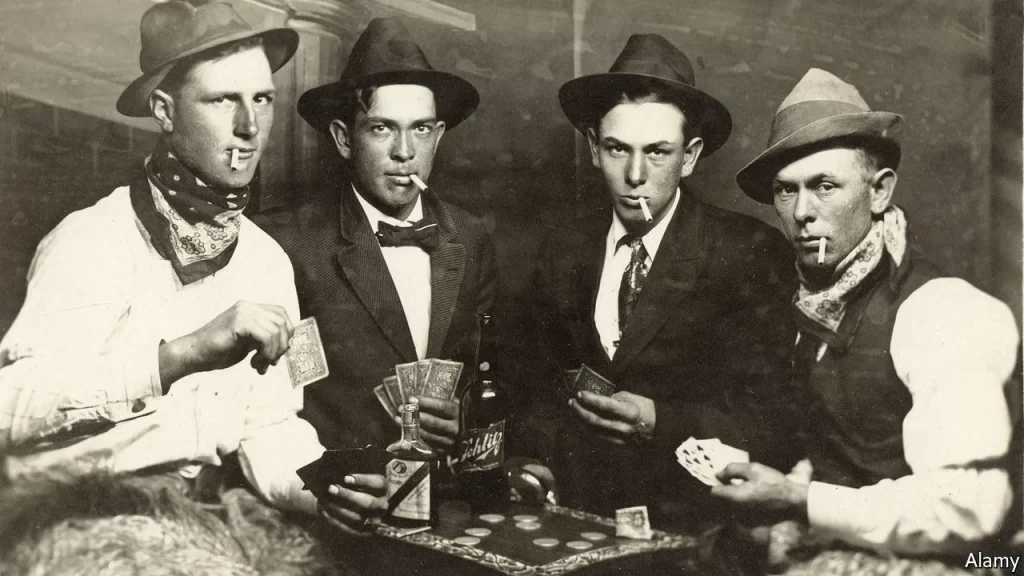
There is no one exact date for the birth of poker. It was likely developed as a fusion of many other games, depending on the preferences and habits of individual players. Poker was first developed in the French cultural milieu of New Orleans, part of the United States’ Louisiana Purchase in 1803. This particular game came to popularity during the 1820s, when the US began to become an important player in the international game of poker. But before poker gained prominence, it had to make a long journey from France to Europe.
After its introduction in the United States, poker quickly spread to frontier settlements in the 1850s. The Civil War brought about numerous additions to poker games, such as stud poker (five-card variant), draw poker, and the straight. The wild card was introduced to the game in 1875, and split-pot and lowball poker were introduced later. Eventually, community card poker games emerged. By the twentieth century, poker spread to Europe, and its popularity was fueled by a strong U.S. military influence.
The game has many historical roots. The Persians played the game of As-Nas, which is similar to the modern five-card stud. Later, the French learned the game of poker and called it poque, derived from the French word poque. Eventually, it spread across the ocean to North America, where poker became very popular. As Nas’s popularity spread, it spread across Europe and the game began to take on a life of its own.
The game first spread to North America when the French colonists brought the game to the city of New Orleans. The game was soon translated into English and flourished in the United States. In 1834, the game was popular in New Orleans and other cities, and the game quickly spread throughout the nation. As a result, the size of the deck was changed from twenty cards to 52. It is believed that the French game poque was the closest predecessor of poker.
The history of poker reflects many important milestones in the history of the game. The most popular events included the invention of poker, the development of modern-day card games and the rise of poker as a game. Even today, poker continues to grow in popularity worldwide. There are many historical and cultural figures associated with the game. In its early stages, poker was almost considered an outlaw activity, but today it is a global favorite for millions of people.
The modern world of poker is much more sophisticated than its history in the past. Its popularity has reached unprecedented levels. Today, poker tournaments attract large numbers of people, and the popularity of the game is increasing at a rapid rate. By the end of the twentieth century, poker had penetrated the mainstream culture, making it an important part of many movies and television shows. Popular songs featuring poker have also been influenced by the game. One of the most famous songs to mention poker is “Poker Face,” by Lady Gaga.







